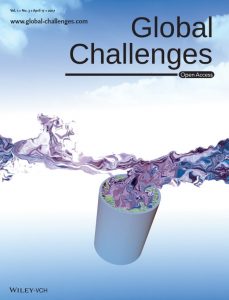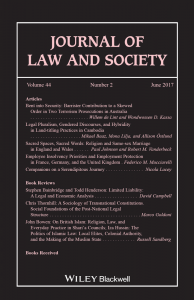The Authentic Fake Meaningful Experience
 by NickieWild
by NickieWild
It’s been over seven years since Naomi Klein published No Logo, which explored the backlash against large multinational corporations. Brand identities such as Nike became increasingly associated with sweatshops instead of what the company wanted everyone to feel when they saw the ever-present “swoosh” logo. Wal-Mart became associated with union busting instead of low prices. Can this phenomenon explain why Starbucks recently “re-branded” one of their Seattle coffee shops with no brand at all?
This move is most likely not caused by bad publicity. Instead, it is another attempt to increase profits through emotional manipulation and paying close attention to cultural meanings. “15th Avenue Coffee and Tea” as the new store is known as attempts to evoke the feeling of an independently-owned neighborhood coffee shop, ironically just the type that has become somewhat of a rarity because of being driven out of business by Starbucks itself. They also sell beer, wine, and food items not normally found at the corporate chain.
Simple advertising and promotion has been gradually pushed out of the consumer picture by branding, which involves imbuing the product with a certain meaning with which people identify. Will this move work for Starbucks? HarvardBusiness.org says no, saying the concept is “fundamentally dishonest” and that “because there’s no way a corporate coffee chain can create an authentic neighborhood coffeehouse experience. Your favorite local coffeehouse is the product of someone’s passion, dedication, and probable borderline craziness.” Such attempts at emotional branding may prove to be their own worst enemy, as people grow ever more cynical at corporate attempts to sell back to them what they have themselves taken away.




















Being from Seattle and familiar with the coffee shop scene there (although its been a while…), it strikes me as very interesting that Starbucks is conducting this experiment in the caffeinated city. The McDonalidization (Ritzer) theory notes that people embrace brands for the familiarity of a product. In a city where product familiarity extends beyond the brand, might the brand mean less?
Keri